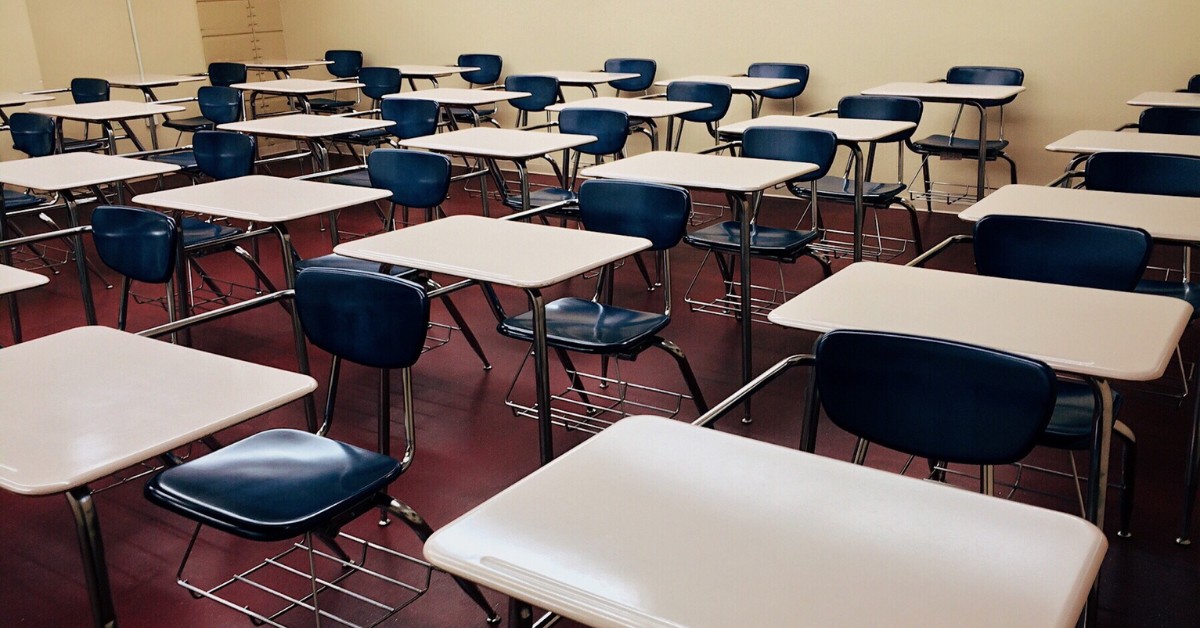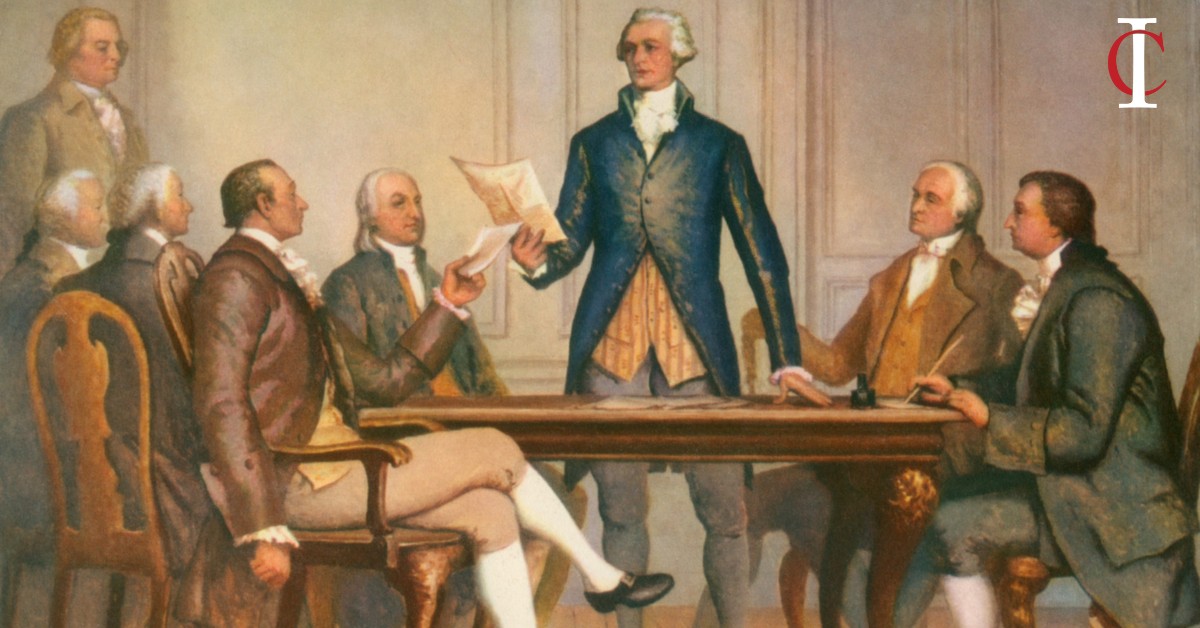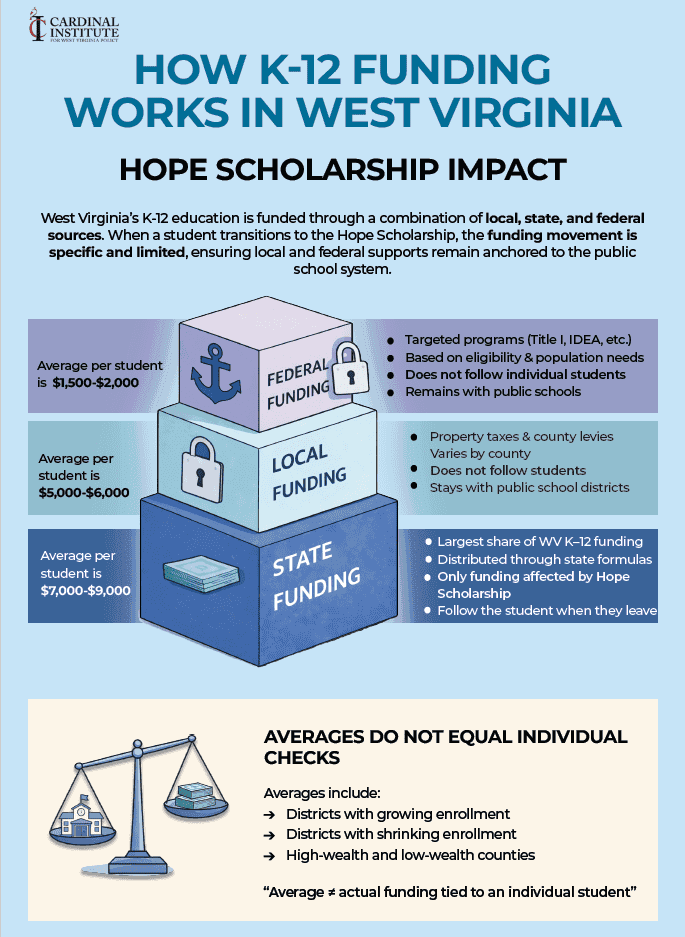
The Prussian Model of Education in the US Should Be Reexamined
The American Education Model Began On A Foundation Of Local Control
In colonial America, education looked drastically different from the standardized, rigid system we have today. Parents, communities, and churches played the primary roles in educating children. There was no overarching system dictating what students learned or how they learned it. Each colony, each town, and each family even brought its own priorities and values to the process of teaching.
The Founding Fathers built a nation on the belief that this kind of local control was essential — not just for education but for every aspect of life. They knew that communities must be free to pursue what works best for their unique needs. This idea of local control is at the heart of our nation’s founding documents and is crucial to preserving our freedoms. Yet, the American education system has drifted far from these founding ideals.
Early on in our country, education was as varied as the colonies themselves. In New England, for instance, towns established local schools supported by religious congregations. In other regions, children were often taught by parents at home or by tutors in small community settings. Across all the colonies, though, one thing was clear: education was deeply local, deeply personal, and entirely decentralized.
As our country gained independence, education continued to evolve in line with these values. Various states began establishing public schooling laws; however, the concept of education was still grounded in local responsibility.
This localized decision-making aligned with the Founders’ vision of a republic as a collection of “laboratories of democracy,” where good ideas could take root and grow, and bad ideas could simply die off without becoming entrenched. A recent headline example of this entrenchment is the fallout over the failed reading methods implemented nationwide over many decades.
History Behind The Prussian Model of Education
Fast-forward to 18th-century Prussia, where an entirely different philosophy of education was emerging. The Prussian model of education wasn’t designed to create critical thinkers; it wasn’t even designed for kids. Prussian leaders built it to produce disciplined, obedient soldiers who would follow orders without question.
This was in response to the military weaknesses exposed by Prussia’s defeat by Napoleon. The defeat revealed shortcomings not only in military tactics but also in the population’s readiness and loyalty. This led Prussian leaders to recognize the need for a more unified, reliable, and well-trained citizenry that could support the state’s military and political objectives.
This shift in control allowed the state to decide what children learned and, more importantly, how they learned to think — or rather, not to think. In Prussia, schooling was a tool for control, shaping young people into compliant subjects who wouldn’t question authority or run tail in the face of a canon.
Horace Mann Brings the Prussian Model to the United States
Horace Mann, an American reformer, visited Prussia and saw potential in the Prussian model as a way to bring order and predictability to a young and rapidly changing country. By the 1830s, more than 80% of children in Prussia were attending state-run schools.
Mann took these ideas back to America, convinced that the Prussian approach was the answer to creating good, orderly citizens. By adopting the Prussian model, we began to trade our local autonomy for a one-size-fits-all system and not one that supports our form of government. Republics require a knowledgeable and engaged citizenry capable of thinking critically about their society and their government rather than obedient soldiers.
Under the influence of Mann and other like-minded reformers, America’s educational system began to take on the shape of a factory conveyor belt. Children were sorted by age, taught the same subjects in the same ways, and evaluated based on standardized assessments. This system no longer fit the diverse needs of different communities; it became an assembly line creating predictability and uniformity across the board.
As standardized schooling spread across the United States, our education system gradually lost its local, personalized touch. We moved further away from the early ideals that had shaped education in the colonies. Instead, American schools became an extension of the state, focused on compliance and uniformity.
The Creation of the United States Department of Education Entrenched the Prussian Model
In 1979, the creation of the U.S. Department of Education marked a significant moment in the centralization of American education. A far cry from colonial schools run by parents and communities, Washington, D.C. was now directing education. What started as a local endeavor was now a nationally administered system. This change further removed families and communities from decision-making.
It has been nearly 200 years now since the first set of 12 Prussian-modeled schools was established in New York. The question we should be asking is, how is the experiment going? Should we keep using the Prussian model?
Parents Want More Local Control Over Education
And we are asking. Parents are asking this question across the country. Many parents are unsatisfied with this centralized approach.
Surveys show parents want more local control. They believe the K-12 system is broken. They see the one-size-fits-all model failing to deliver on its promise of academic excellence, even as it continues to drain tax dollars. More spending hasn’t translated into better results, and the standardized system only seems to grow more and more costly.
Recently polling by Yes. Every kid. Foundation shows a groundswell of parents calling for a return to local control. Polls show that many believe K-12 education is off track. A majority support the idea of giving states and communities more say in how they spend education funds. Voters want leaders to hear their voices, empower their local communities, and effectively use their tax dollars. There’s also significant support for ending assigned school zones and allowing open enrollment, which would let families choose the best public school for their children.
It’s a call for flexibility, for trust in local communities, and for policies that empower families to make the best decisions for their children.
Successful Historical Figures Benefited From Individualized Education
Many successful figures were beneficiaries of a locally controlled, highly individualized education. Notable examples include Abraham Lincoln, Theodore Roosevelt, Thomas Edison, Samuel Clemens (also known as Mark Twain), Andrew Carnegie, and Sandra Day O’Connor. In more recent times, Jeff Bezos received his early education at Montessori schools, and Elon Musk has chosen an “unschooling” approach for his five children.
These success stories remind us that education should be as unique as the children it serves. A system that embraces local control and flexibility can allow communities to foster individual strengths and encourage true learning. Rather than forcing every child down the same path.
Returning to local control is not just a nostalgic look back at colonial education. It’s a practical, powerful way to empower families, communities, and students. America’s history has shown us that when we trust local communities to innovate, we foster the freedom and independence that our country was built on.
Education is too important to leave to a central authority that cannot possibly understand the unique needs of every community.
It’s time to give education back to the people — to the families, communities, and states who know best how to support and inspire their children.








